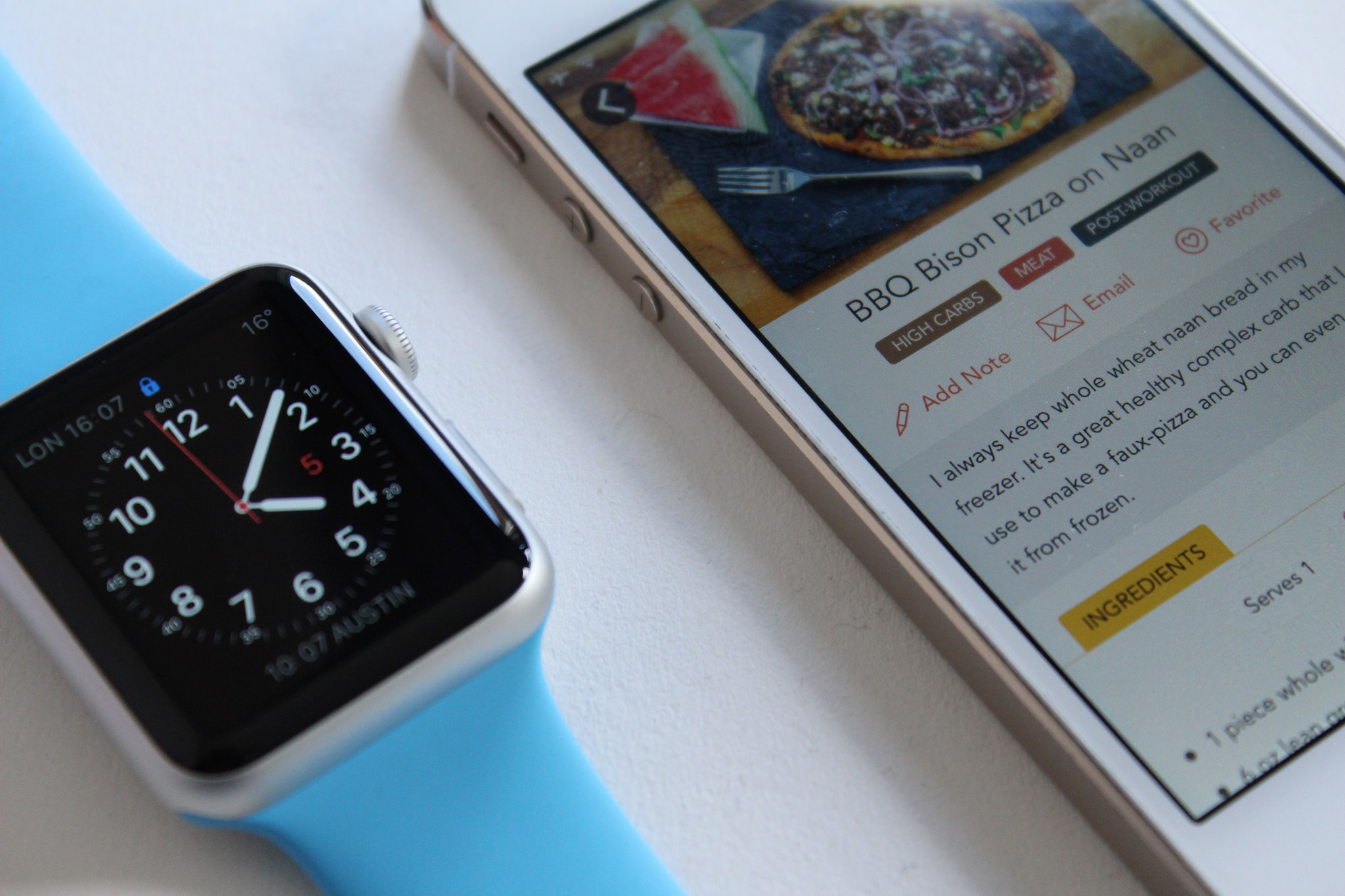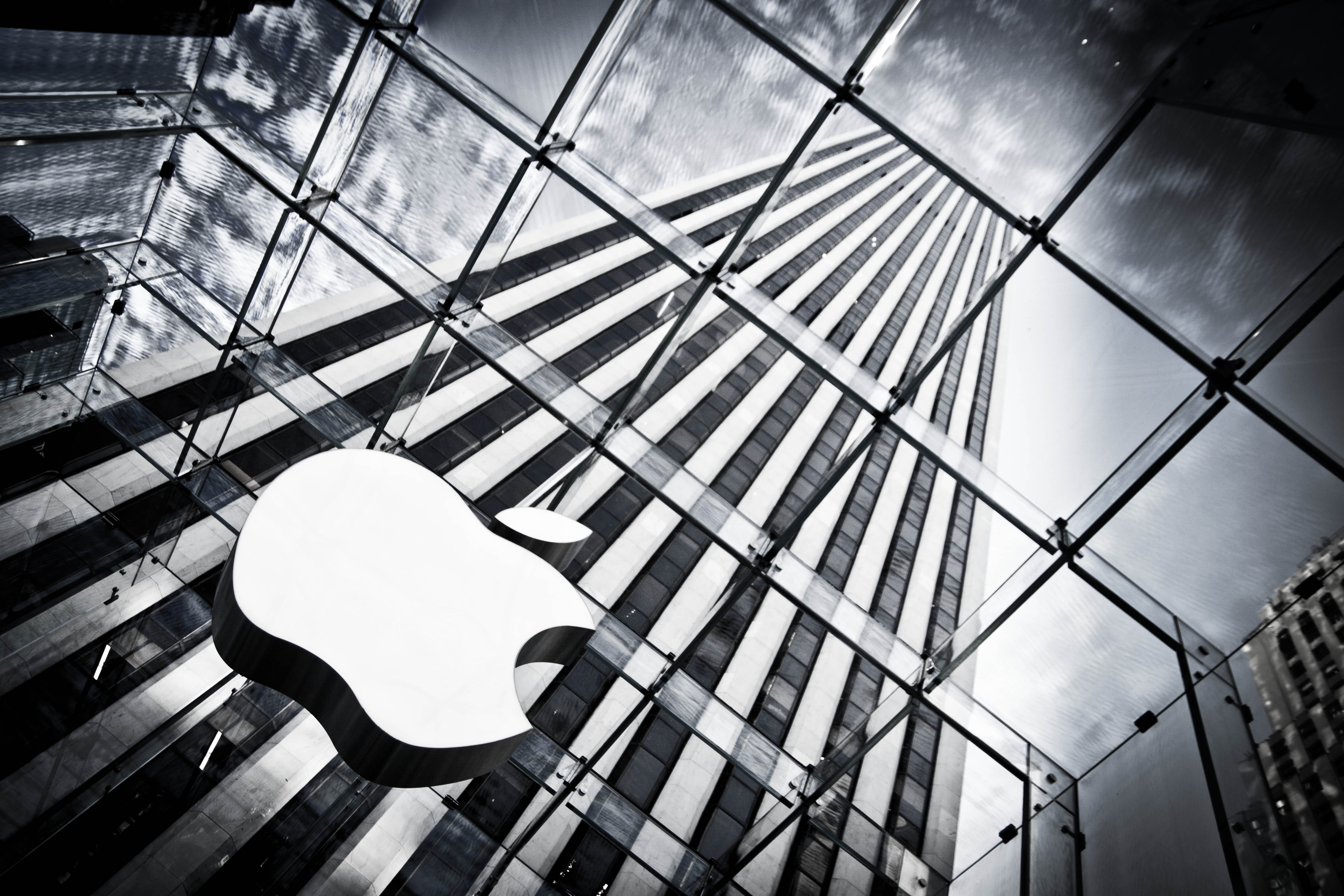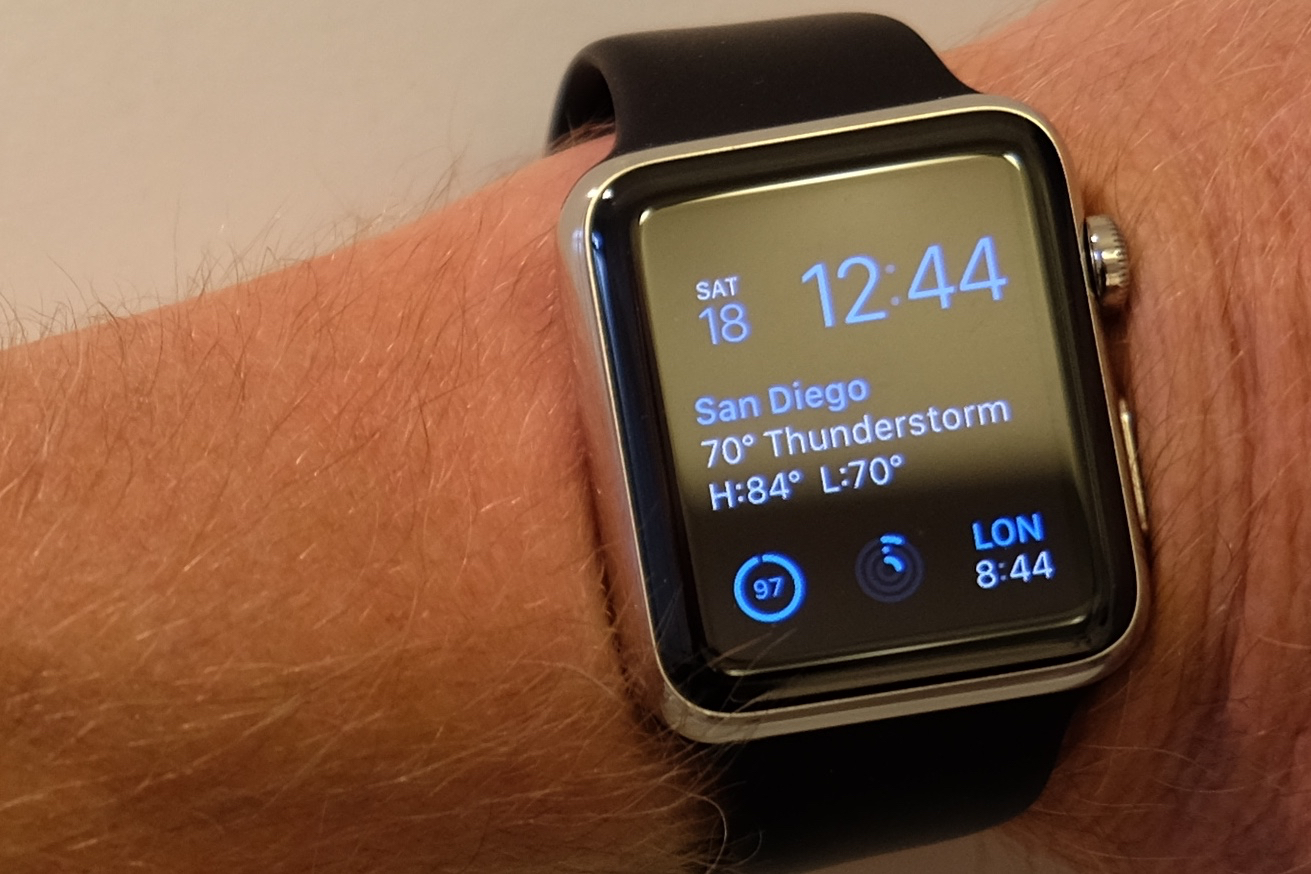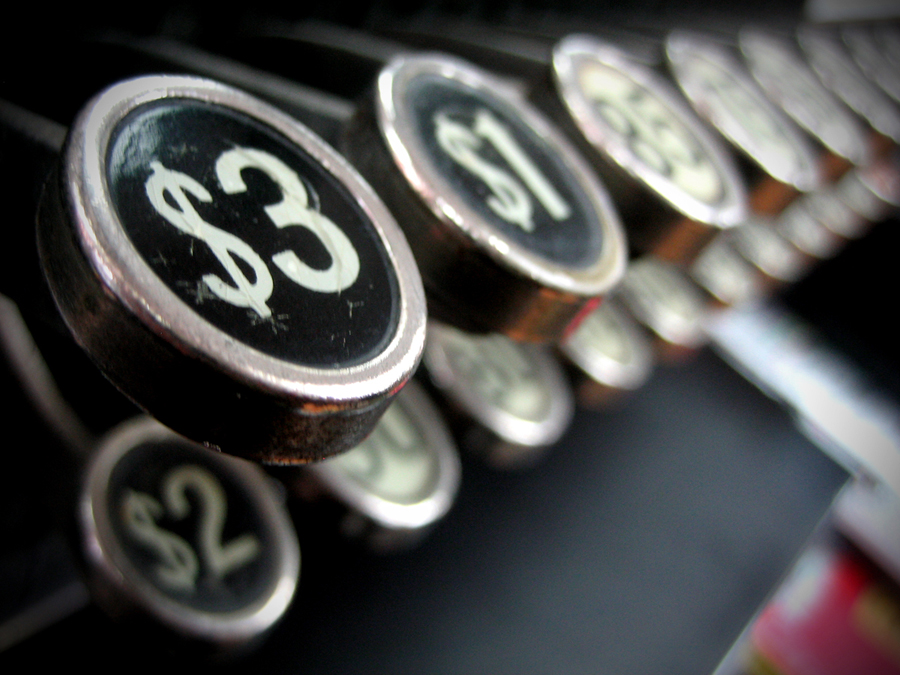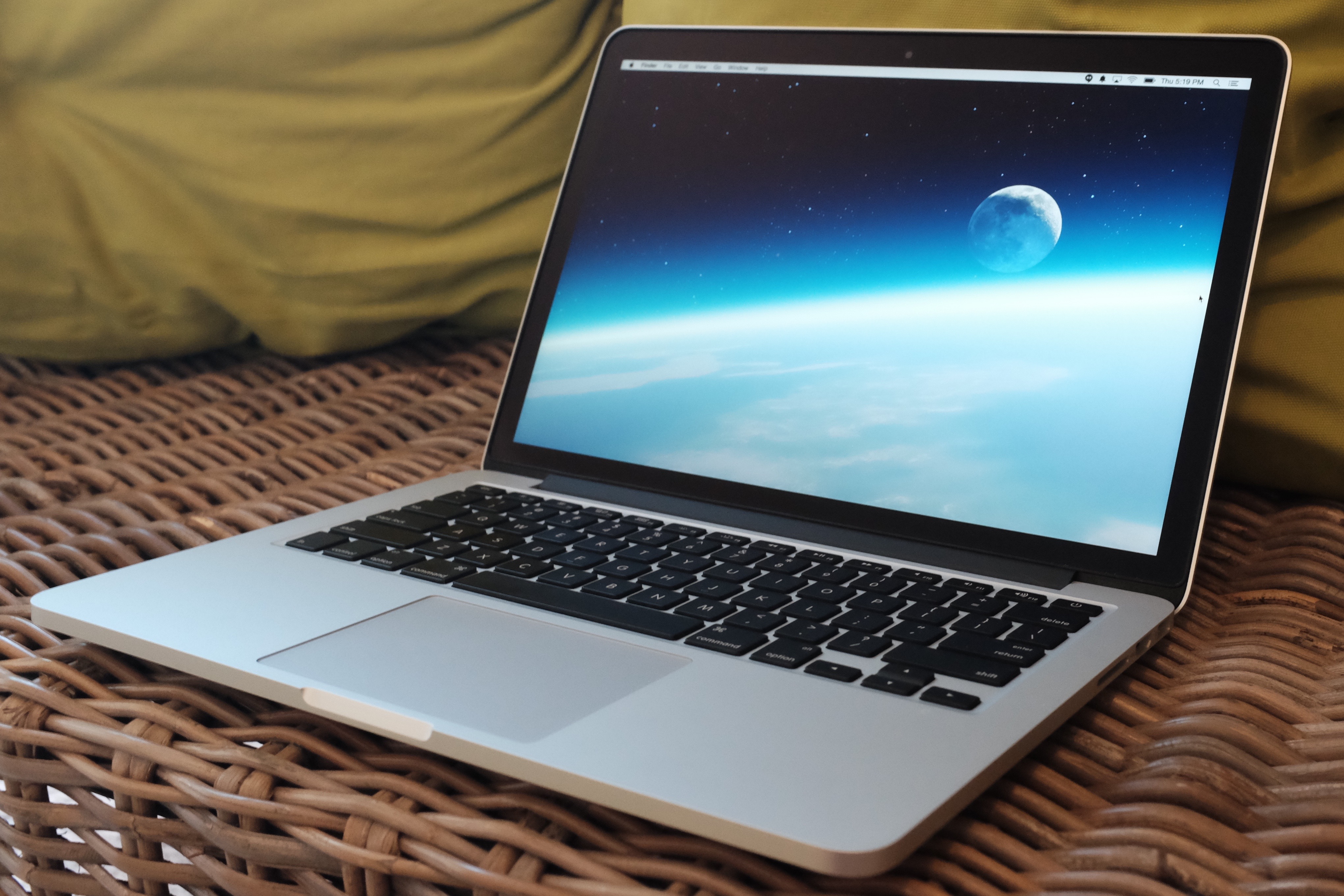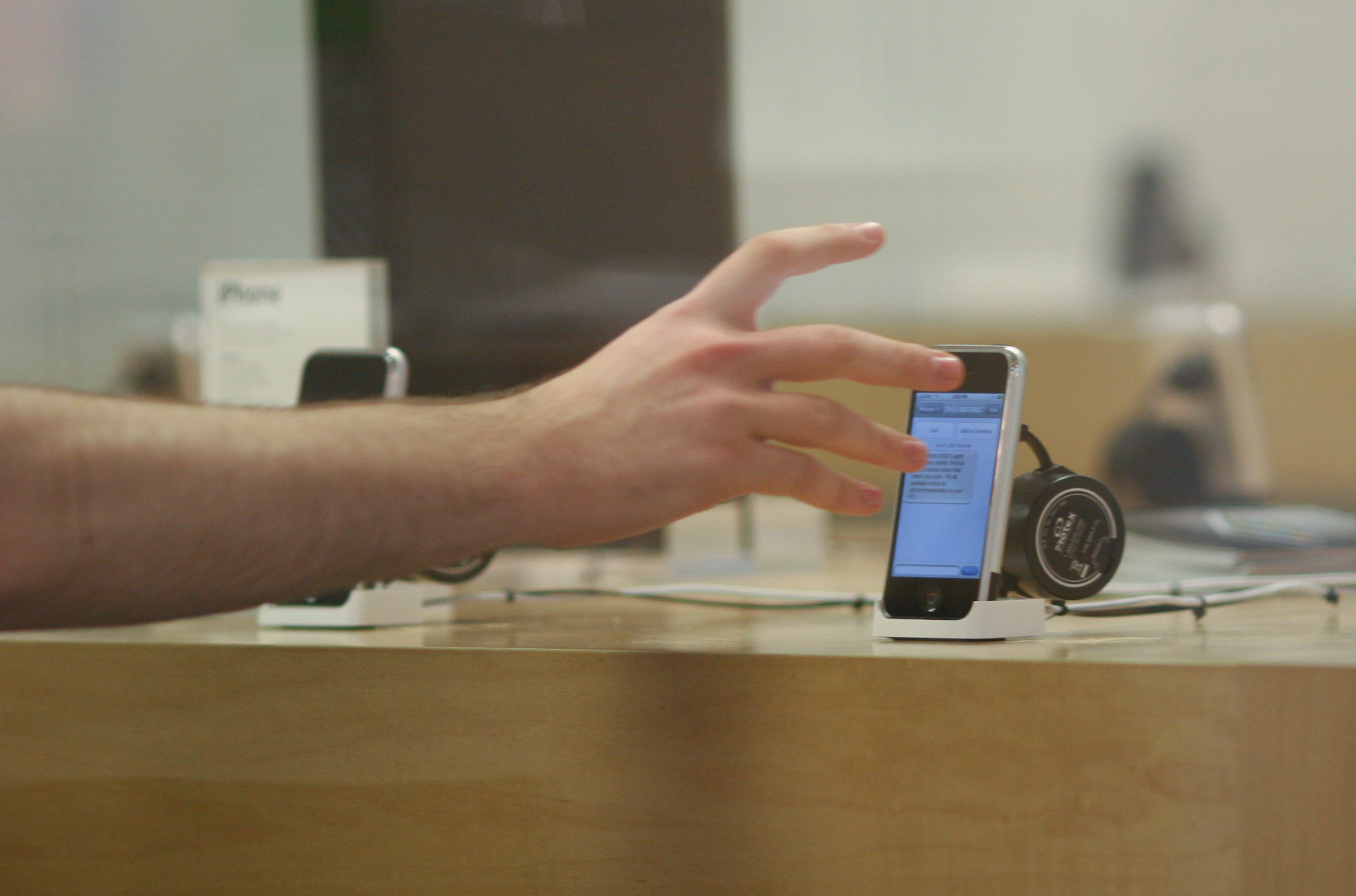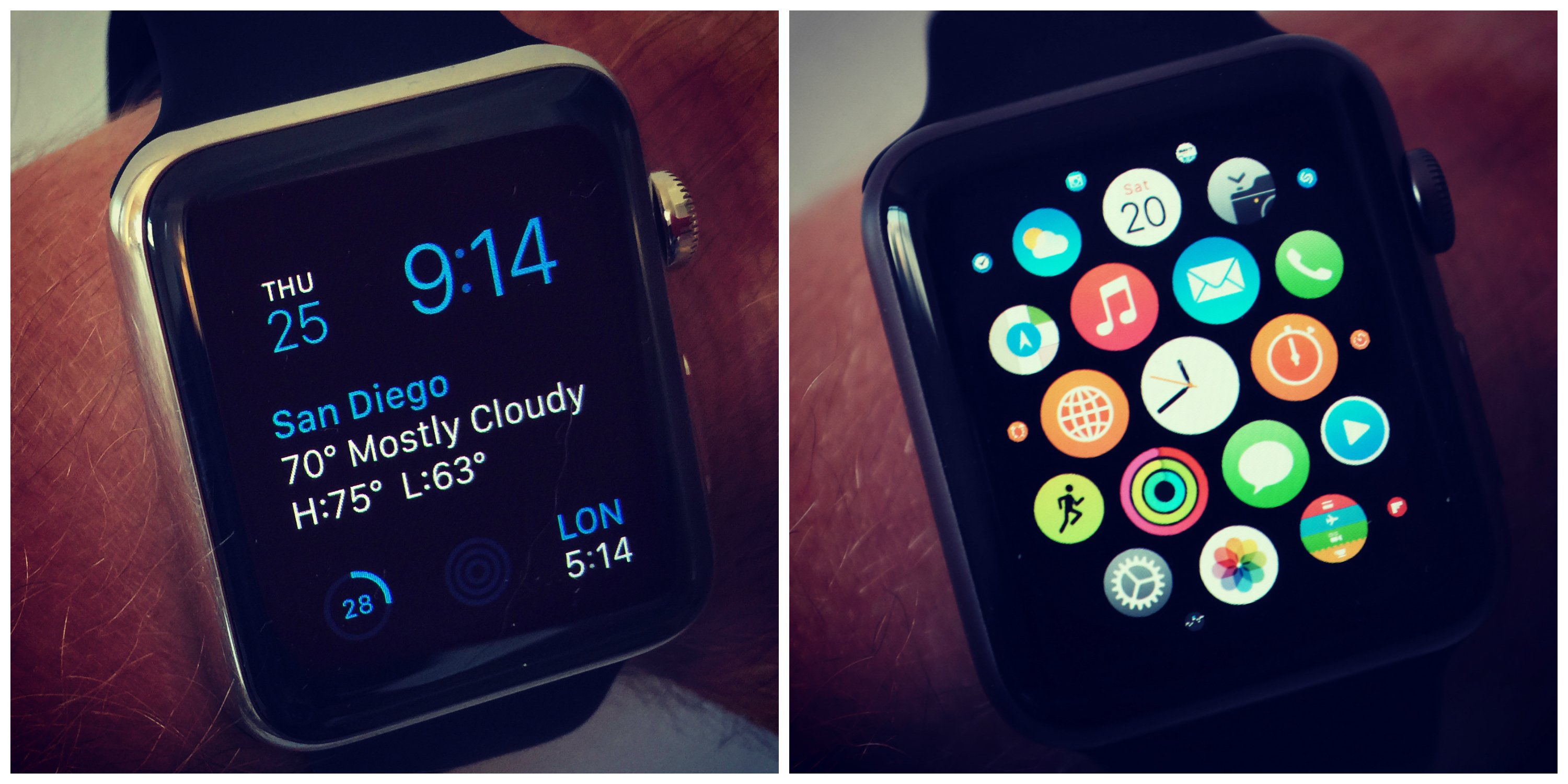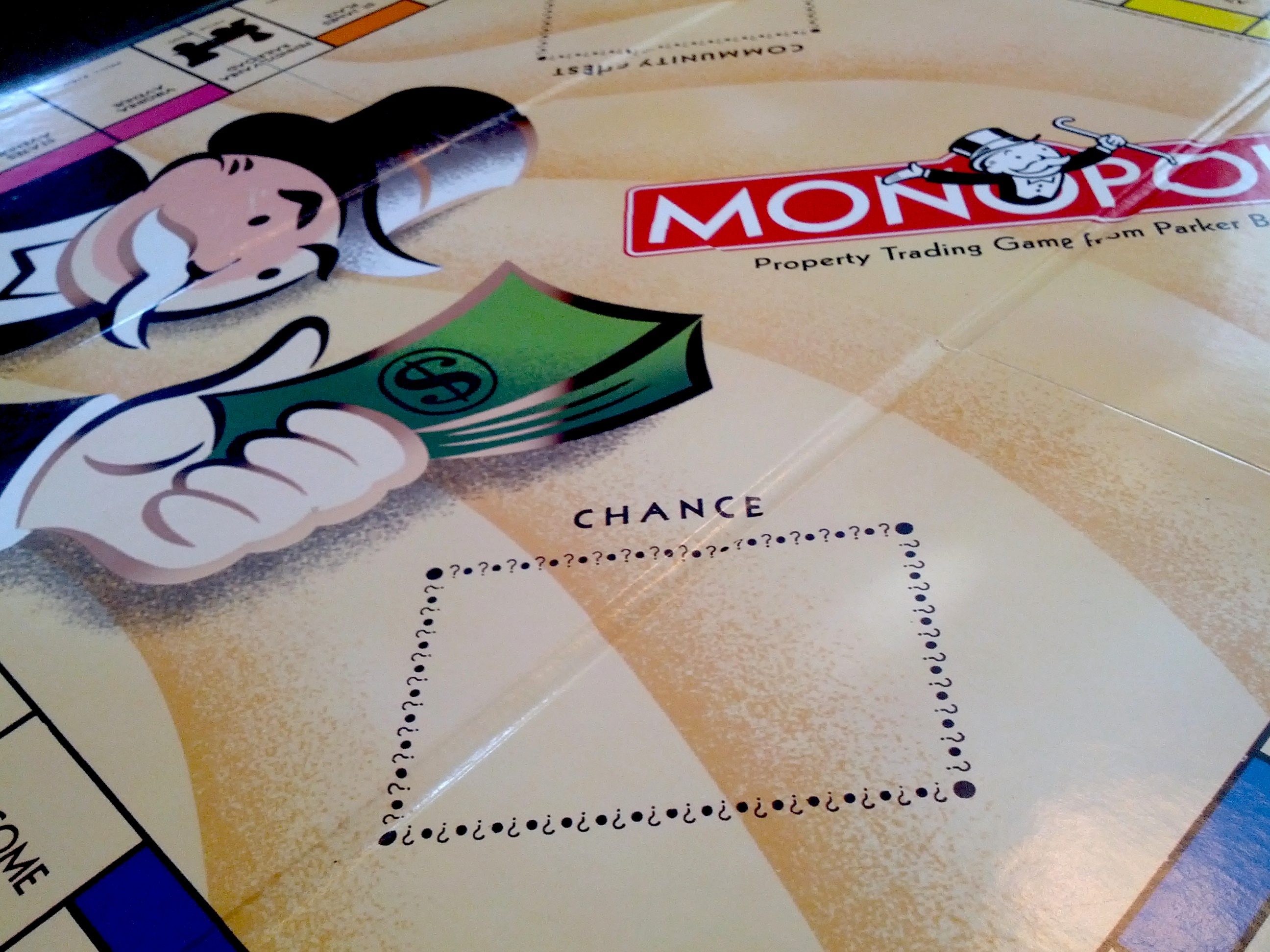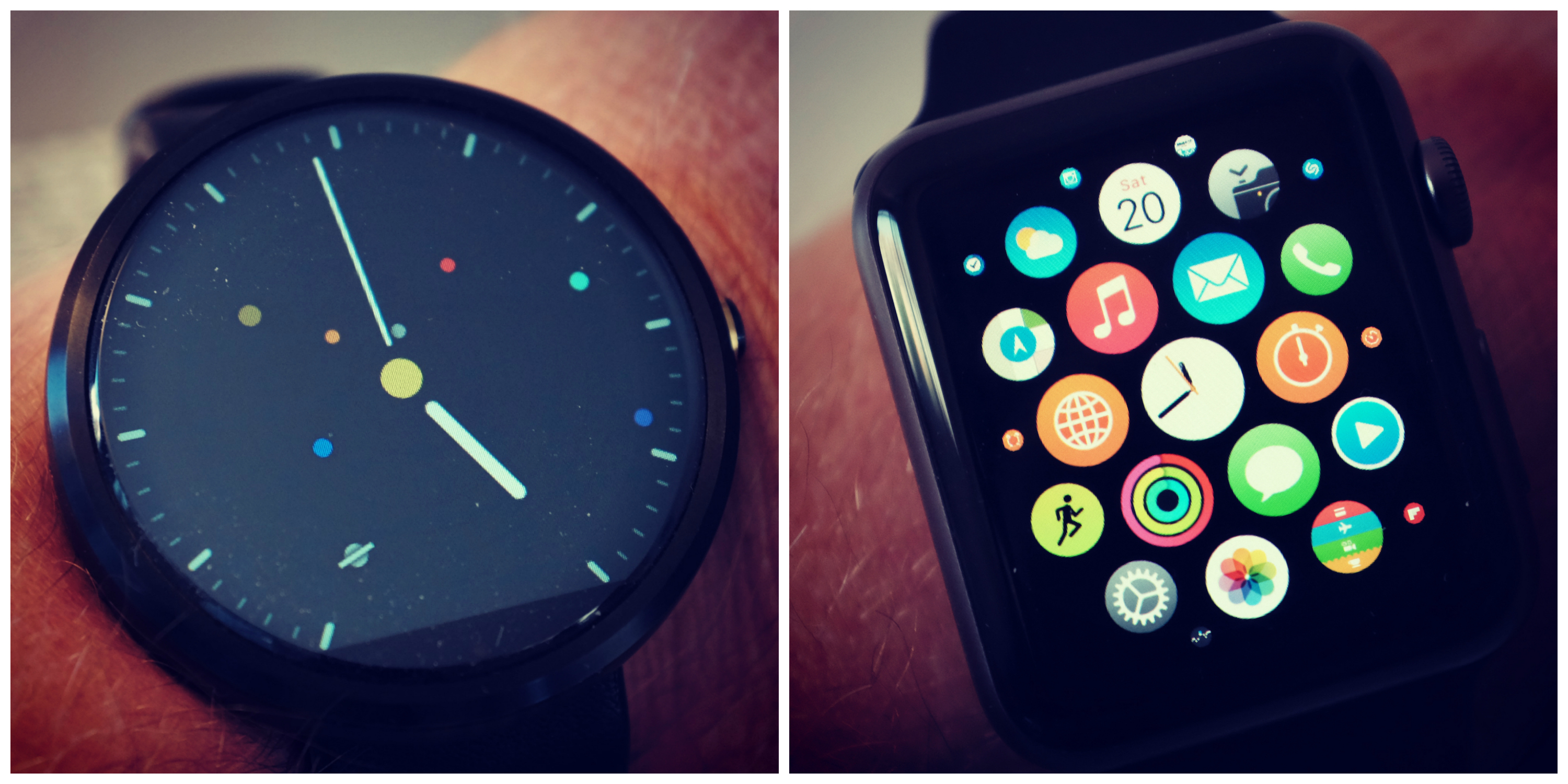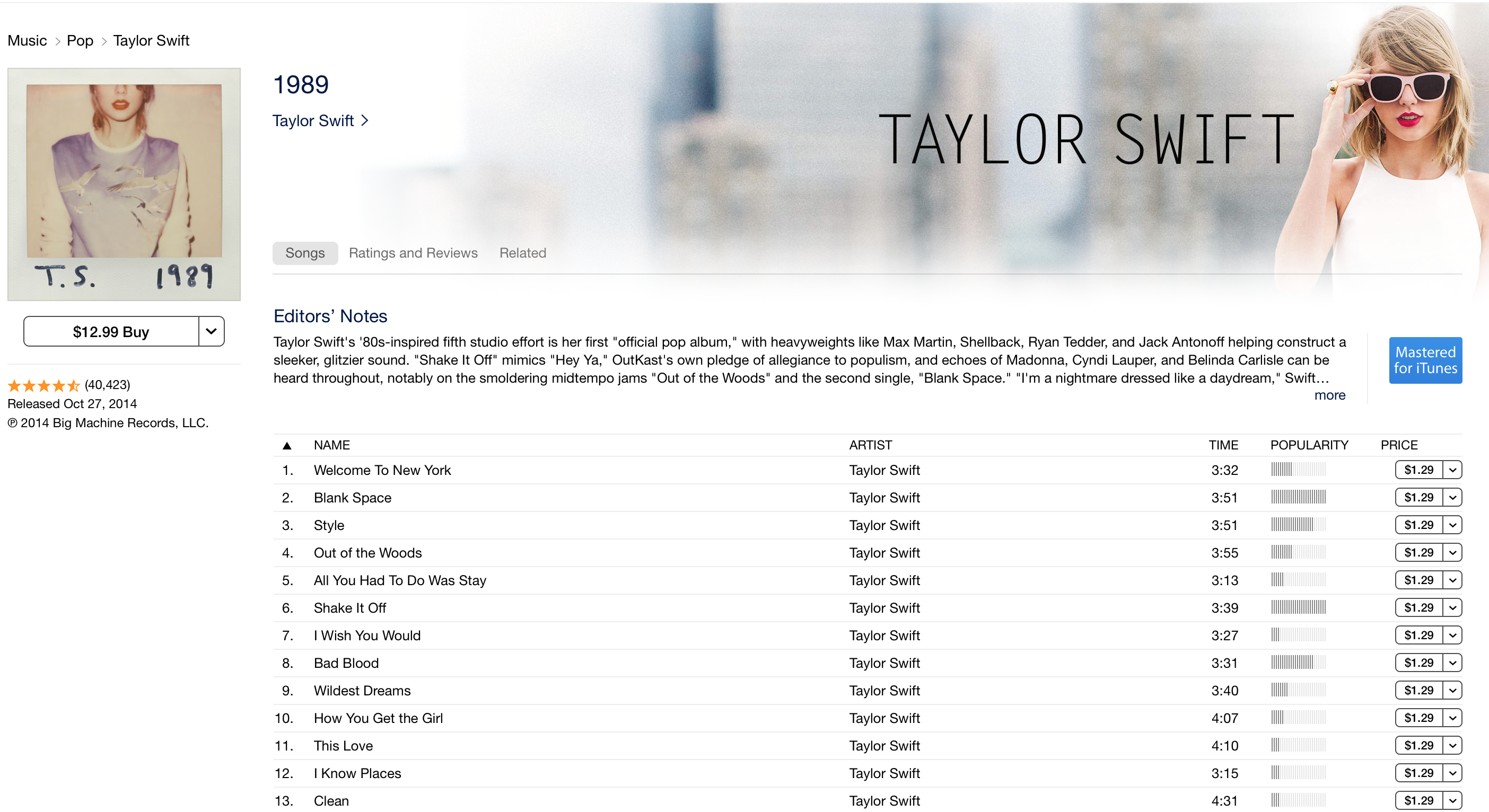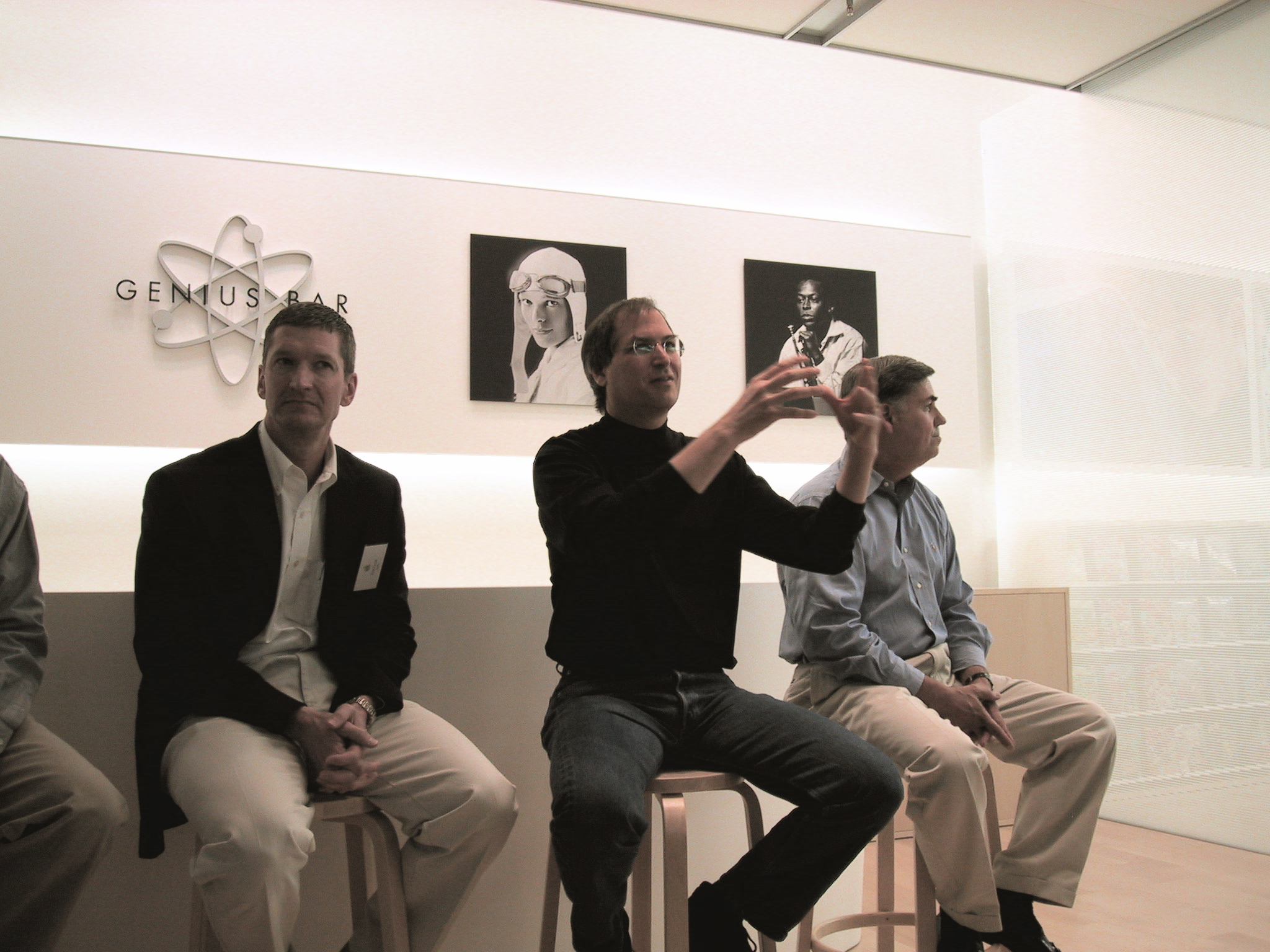Today’s question: Is Apple’s CEO hiding weak smartwatch sales or does he demonstrate transcending leadership by positioning for greater platform success—taking the long view? The answer lies perhaps in his comments made during yesterday’s fiscal Q3 2015 earnings conference call.
In data released today, Strategy Analytics puts Apple Watch shipments at 4 million for the April quarter. Yesterday, Canalys gave estimate that is 200,000 units higher. Apple doesn’t share the real numbers that it surely has, although in chief exec Tim Cook’s remarks that follow, there are hints—but little more. Something he says later in the call is quite provocative; genius and contrary-logistics-thinking. Either he’s hiding or abiding.
